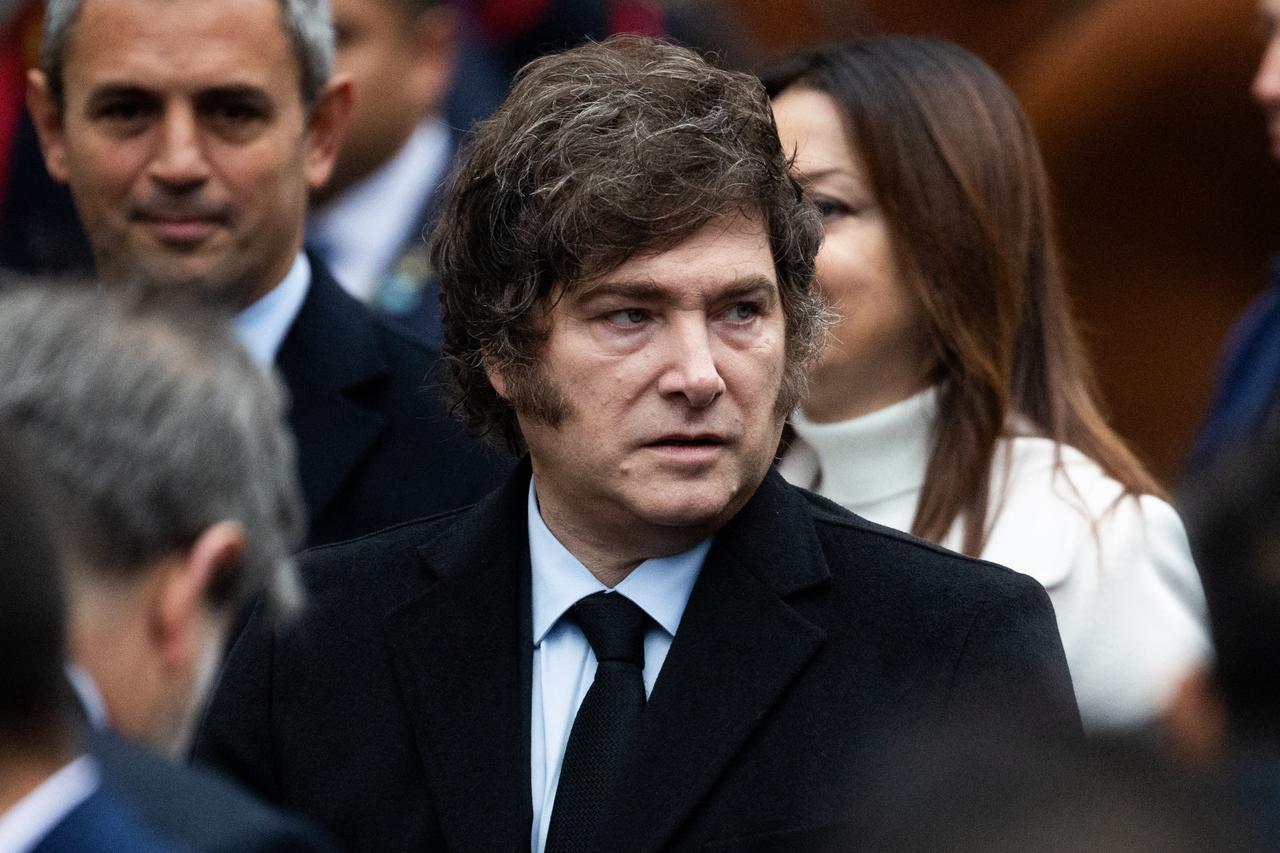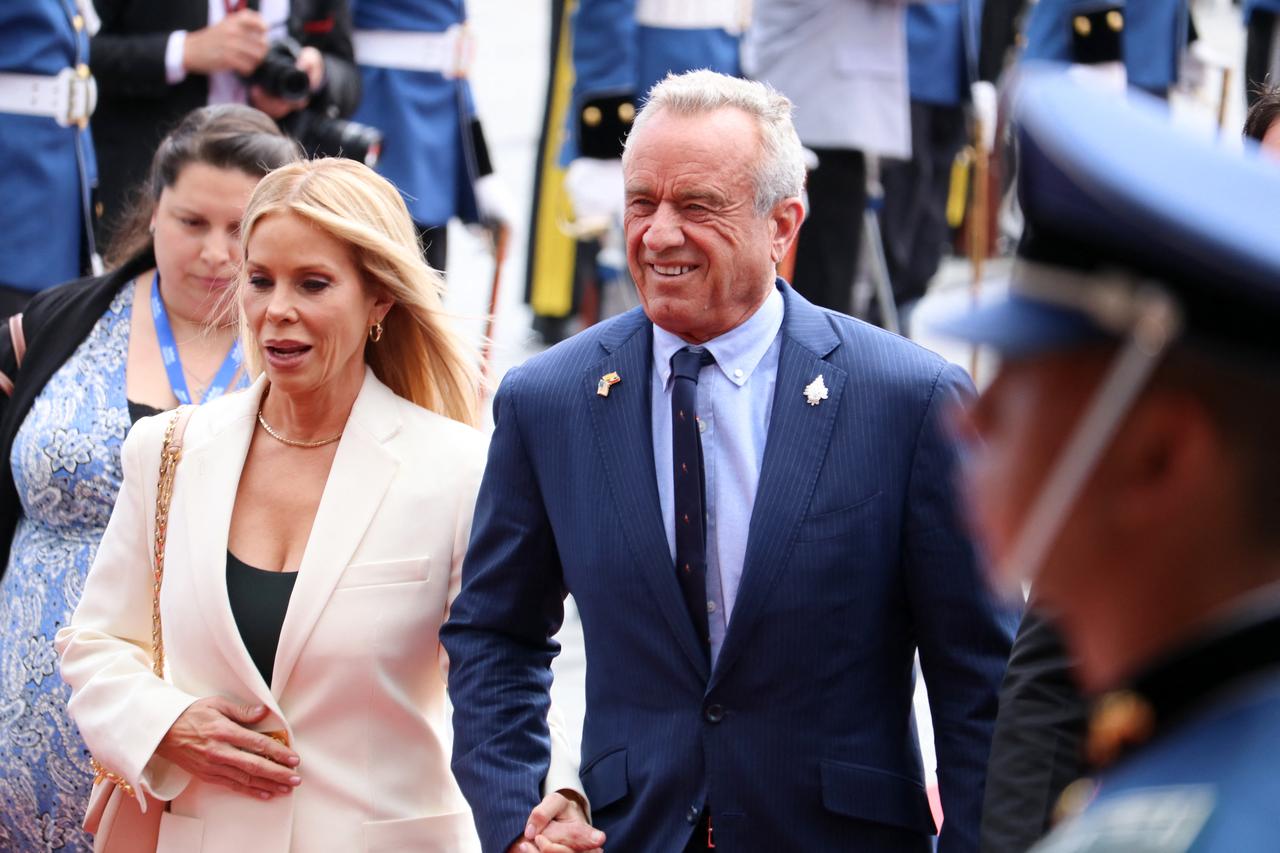
Argentina officially confirmed its withdrawal from the World Health Organization (WHO) on Monday, coinciding with a visit from U.S. Health Secretary Robert F. Kennedy Jr. to Buenos Aires to discuss bilateral health cooperation.
President Javier Milei's administration first announced its intention to leave the WHO in February, following President Donald Trump's January declaration that the United States would also withdraw from the U.N. health agency.
The Argentine government defended its decision in a Monday statement, arguing that "the WHO's prescriptions do not work because they are not based on science but on political interests and bureaucratic structures that refuse to review their own mistakes."
Buenos Aires has previously criticized the WHO's handling of the COVID-19 pandemic, describing the agency's management as "disastrous" and condemning what it called "caveman quarantine" policies.

The announcement came as Kennedy met with Argentine Health Minister Mario Lugones to establish what officials described as "a joint work agenda that will strengthen transparency and trust in the health system."
"Together with Robert Kennedy, we believe in the future of collaboration in global health. We have similar visions about the path forward," Lugones said during the meeting.
Kennedy, whose nomination as health secretary drew controversy due to his vaccine skepticism, is scheduled to meet with President Milei during his Buenos Aires visit.
Last week, Kennedy addressed the WHO's annual assembly via video, encouraging other governments to withdraw from the organization and establish alternative institutions. In his remarks, Kennedy alleged the U.N. health agency operated under undue influence from China, gender ideology, and the pharmaceutical industry.
Alongside the WHO withdrawal, Argentina announced plans for a "structural review" of its national health agencies. The government said the review aims to "organize, update, and make transparent the structures and processes" of the country's health system, which officials said had operated "with overlaps, outdated regulations, and limited oversight."
The coordinated departures by the United States and Argentina represent a significant challenge to the WHO's global health leadership role, potentially affecting international disease surveillance and pandemic preparedness efforts.